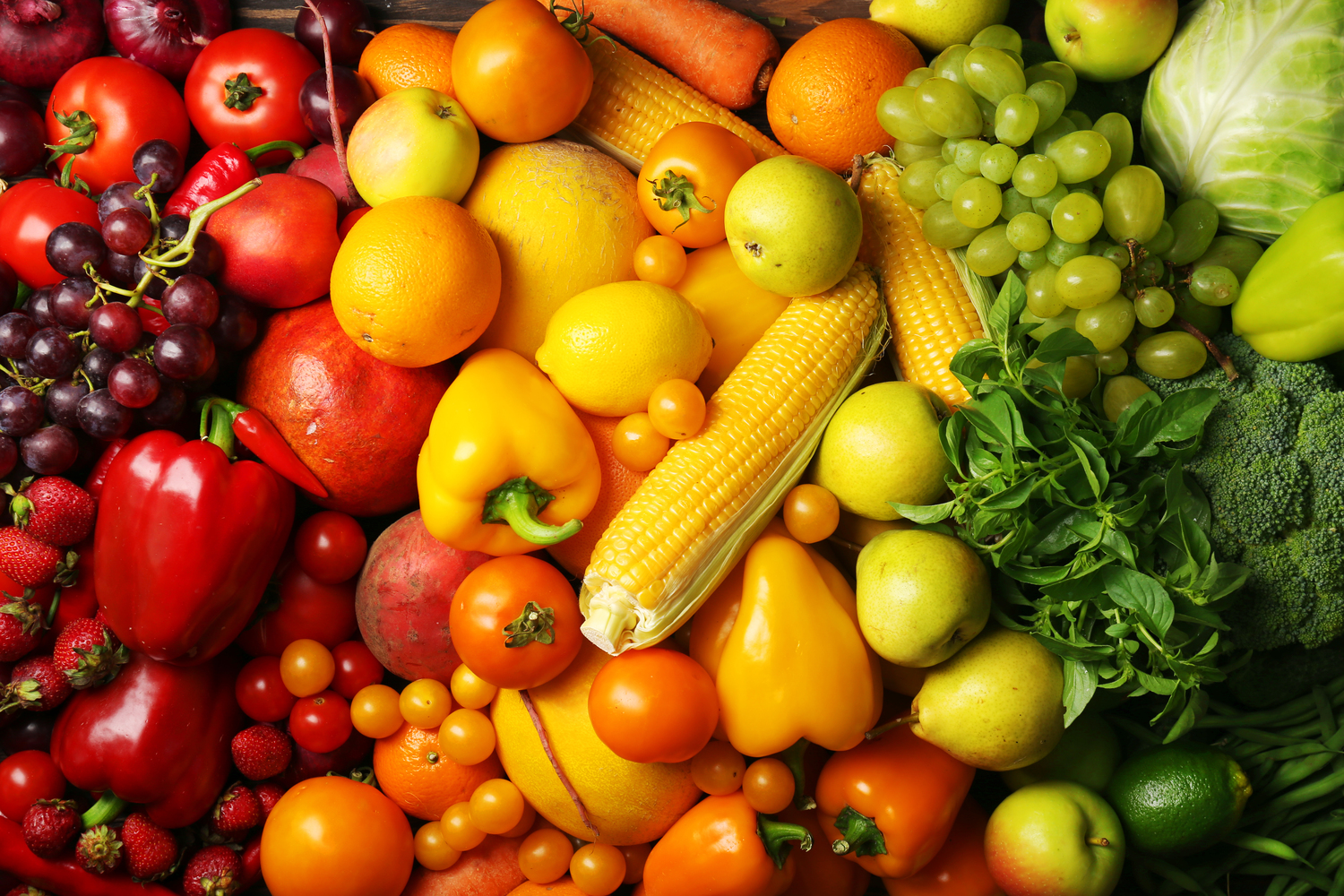
Best Foods and Other Treatments to Manage Osteoporosis
For those with osteoporosis, eating a diet that maintains and promotes healthy bones can be incredibly helpful. There are different treatments available to treat various types of osteoporosis—Evenity treatments such as Evenity injections to treat osteoporosis after menopause, for example—as well as supplements (calcium, magnesium, and more) and hormone therapies. However, eating foods that are good for managing osteoporosis can also be beneficial. In this article, we go over 4 of these helpful foods:
1. Fruits and vegetables
While fruits and vegetables are a key component of a balanced diet regardless of osteoporosis, eating more of them can actually improve bone health. Thanks to their potassium, magnesium, and vitamin C, K, and A content, fruits and vegetables are great for maintaining healthy bones. Additionally, the phytochemicals contained in fruits and vegetables can protect against a variety of diseases, one of them being osteoporosis. Being high in fiber as well as essential vitamins and minerals—all the while being lower in fat and calories—it’s recommended that at least four servings of vegetables are eaten per day, while three servings of fruit per day will suffice.
2. Whole grains
Whole grains are a great option for managing osteoporosis because they serve as a terrific source of fiber, magnesium, and other nutrients. When compared to refined grains, whole grains are much more nutritious and should therefore be incorporated more than refined grains if possible. One example of a whole grain is barley. Thanks to its silicon content, barley can support the mineralization and growth of bones as well as help collagen and other connective tissue healthy. While it is only one of many beneficial whole grains, barley is a nice and delicious way to keep bones happy and healthy.
3. Dairy
As children, plenty of us have heard our parents say that milk makes our bones stronger. Well, this isn’t a myth: cow’s milk dairy products such as cheese, yogurt, and just regular old milk are some of the richest sources of calcium, a mineral that is absolutely essential for healthy bones. Aiding in the prevention of osteoporotic fractures and bone loss in older individuals, daily calcium content for adults should range anywhere from 1000 to 1200 milligrams. However, this is tricky to achieve through diet alone, so calcium supplements that also include vitamin D—crucial for the proper absorption of calcium—might be beneficial.
4. Tofu
Attention, all vegans and vegetarians! Tofu, often used as a substitute for meat and eggs in certain dishes, is a great source of isoflavones. Isoflavones can make soy useful for keeping away bone disease in individuals after they have gone through menopause. Aside from this special feature of tofu, it also contains plenty of calcium: half a cup of tofu that’s calcium-enriched actually contains over 860 milligrams of calcium, which is nearly the recommended daily amount of calcium for adults!


